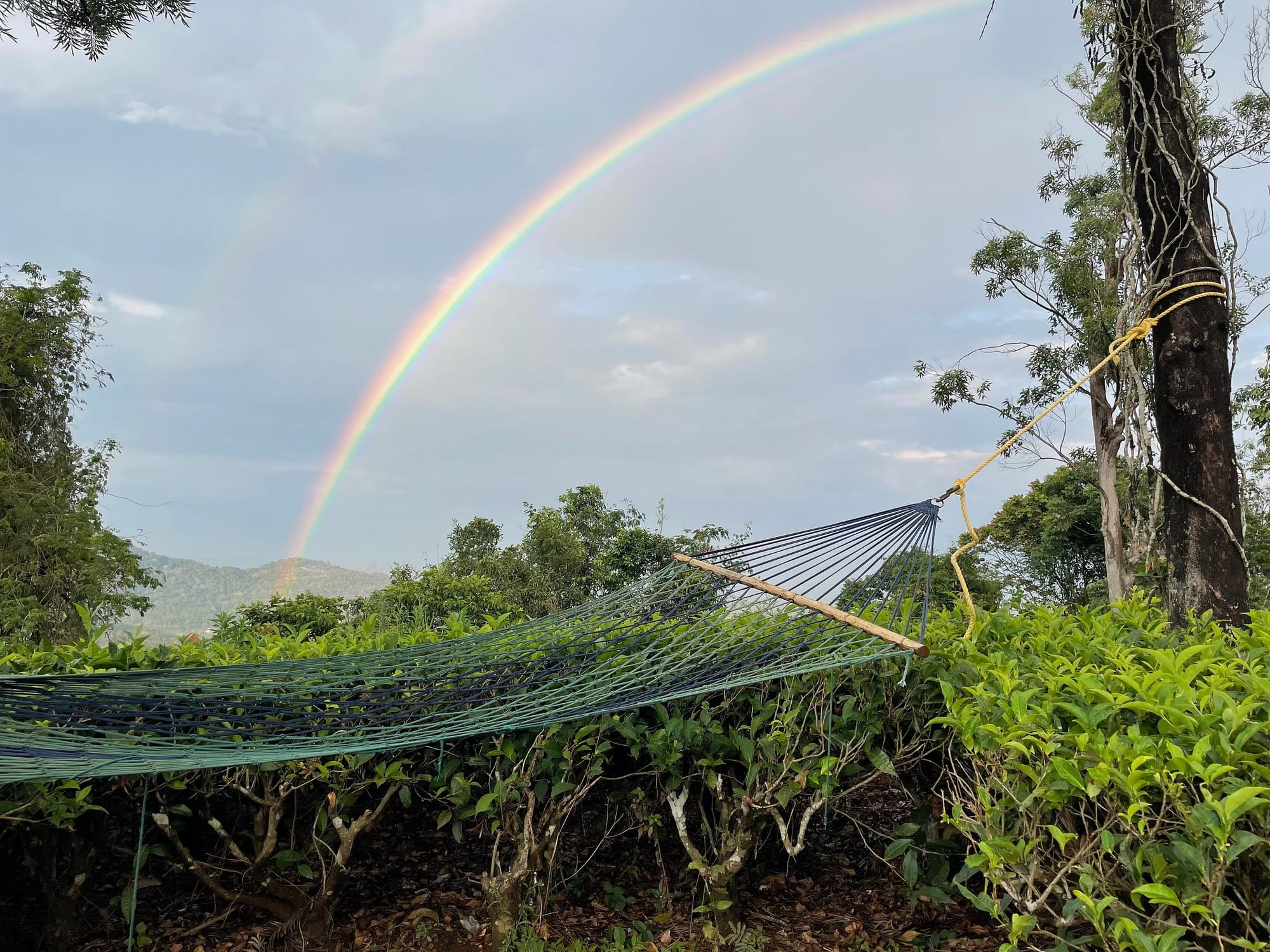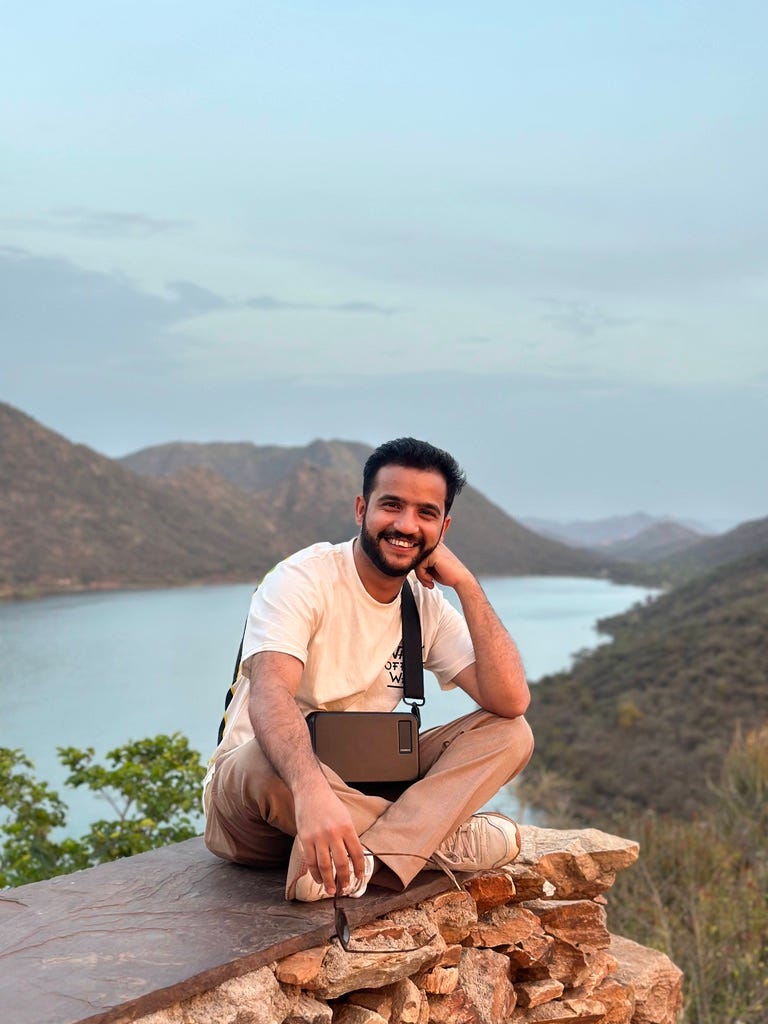5 Lessons From My 26-Year Veteran Mentor
Invaluable insights dealing with corporations and careers

LIFE LESSONS
5 Lessons From My 26-Year Veteran Mentor
Invaluable insights dealing with corporations and careers
I can’t remember a time when I wasn’t defensive around senior developers. Most of my early experiences with seniors were marked by a constant sense of performance pressure — update them wrong and you might get a passive-aggressive response or, worse, an indirect dressing down. That created a version of me that was guarded, sometimes reactive, and often unwilling to ask for help even when I needed it most.
Don’t have a premium membership?
I couldn’t figure out where I was lacking. I went through 2 layoffs back to back, and the last time the conditions were so bad, I had to resign from a Startup. I scratched my head for 4 months to figure out what I was doing wrong. I kept blaming myself.
To say I am the only one who faced these conditions would be wrong. But to say my confidence didn’t break, that would be completely off base.

Then I met Robin — a mentor with 26 years of experience.
Working under Robin flipped a switch in my professional mindset. I no longer felt the urge to defend every delay, justify every gap, or sugarcoat the truth. He gave me something that no tool, process, or productivity hack could provide: the space to grow without fear.
This article is about what I’ve learned from working with a senior developer who understands not just how to code, but how to lead with emotional intelligence and long-term vision.
1. Mentors Give You Space to Grow — Without Pressure
When you stop viewing consequences as punishments and start seeing them as guidance, you become freer to act, learn, and grow. — Charles Black M.D
For the first time in my career, I felt like I didn’t have to be in “fight or flight” mode with my lead.
Robin had this calm about him — a kind of emotional stillness that said, “I’m here. I trust you. Do your best.” It wasn’t spoken out loud, but I felt it.
I started giving him honest updates, even when things weren’t going great. I didn’t fear a rebuke or a passive-aggressive message. I could say, “Hey, I haven’t cracked this part yet,” and he’d respond with, “Cool. Keep me posted.”
That kind of psychological safety is what allows real growth to happen. It was the first time I could zoom out and actually see the developer I wanted to become, rather than the one constantly trying not to mess up.
Mentorship in tech isn’t about micromanaging — it’s about letting people breathe enough to grow.
2. Emotional Intelligence Beats Technical Superiority
I remember a moment when I couldn’t estimate a task. I didn’t want to say, “I have no clue how long this will take,” but that was the truth. I stalled on giving a time frame, and I was sure this would come off as incompetence.
Robin didn’t pressure me.
He waited. Quietly. Patiently. Almost like he could feel the unspoken tension and decided not to add to it.
Instead of jumping in with deadlines or suggestions, he simply gave me space. And that allowed me to circle back when I had more clarity. He respected that I needed to work things out on my own before I could confidently commit.
That’s not something most people talk about in engineering circles — the unspoken cues, the emotional context, the timing of a question.
Emotional intelligence in software teams is a superpower — and Robin had it dialled in.
3. Seeing the Developer Behind the Code
Robin wasn’t just assigning tasks and checking progress. He paid attention to me — how I was growing, what I was struggling with, what kind of developer I was becoming.
For the first time, I felt like someone saw the person behind the commit history.
He wasn’t obsessed with delivery velocity or ticket throughput. He cared about whether I was learning. Whether I was building a sustainable pace. Whether I’d leave a feature better than I found it, not just in the codebase, but in my understanding of the problem.
That shift — from being a task executor to being a growing developer — changed everything.
4. Learning to Play the Game, Not Get Angry at It
I’ve always had a low tolerance for corporate politics. If someone acted like they were playing games, I’d disengage or push back.
But Robin showed me a different path. He didn’t get mad at the game. He just played it better.
There were moments when I’d bring up some frustrating stakeholder comment or a vague product requirement, expecting him to share my annoyance. But instead, he’d decode it. Understand where it came from. Show me how to align without losing my own voice.
“Don’t take it personally. Take it professionally.”
That’s one of the lines that stuck with me.
That mindset taught me how to navigate teams, not just survive them.
5. Long-Term Mentorship is a Career Multiplier
Most people never get the chance to work under someone with 20+ years of experience — and it shows.
When Robin shared things, they weren’t about the hottest framework or fastest deploy pipeline. They were about people, patterns, and principles that don’t go out of style.
Things like:
- How to write code that your future self will thank you for.
- How to communicate in a way that builds trust.
- How to survive crunch seasons without burning out.
The stuff that keeps you in the game for the long haul.
There are senior devs who know things. And there are senior devs who grow people.
Robin is the second kind — and that’s the rare kind.

Everyone Deserves a Good Mentor
If you’re lucky, you’ll get to work under someone like Robin — someone who teaches you more about who you are than about what a function does.
If you’re already in a senior position, maybe you get to be that person for someone else.
We talk a lot about learning to code. But real growth? That happens when you learn to understand people.
And if there’s one thing I’ve learned from Robin, it’s this:
The best developers don’t just build software. They build each other.

